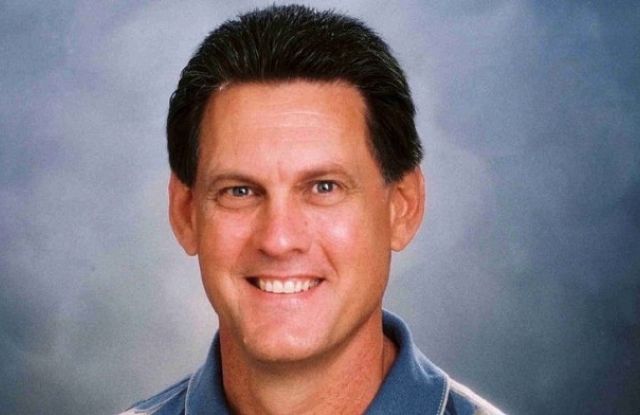Group pride rooted in insecurity

Many of us come out of a background of pain that told us we were
inadequate and would never measure up to our parents’ expectations.
“You’re just like your father,” your mom says, diminishing you with the
comparison. Is it any wonder so many of us wind up insecure?
We have to prop ourselves up with things outside ourselves that say
we’re valuable to compensate. Our football team, our college, our
country – if they are good, then subconsciously, we feel that some of
that goodness will rub off on us. Yet, it’s a charade – all are
cover-ups for a tape in our heads that keeps playing over and over
again, saying “You’re not good enough. You’ll never amount to
anything.”
what we’ve always suspected – there is a strong relationship between
pride and insecurity. In particular, group pride is really just a way
of masking it. Here’s the article (slightly edited for brevity):
From screaming baseball fans to political rally-goers, groups that
engage in boastful self-aggrandizing may be trying to mask insecurity
and low social status.“Our results suggest that hubristic, pompous displays of group pride
might actually be a sign of group insecurity as opposed to a sign of
strength,” said researcher Cynthia Pickett, associate professor of
psychology at the University of California, Davis.The new study reveals how two types of pride are related to a person’s
good feelings about one social group or another to which they belong.
These good feelings could come from being a Los Angeles Lakers fan
(when they win), a war veteran, a member of a particular ethnic group
or a sorority gal or fraternity brother. But while authentic pride is
linked with real confidence in your group, hubristic pride is a false
arrogance that belies insecurities about one’s group.“It turns out, people who have the hubristic collective pride in their
group, underlying it all is an insecurity about whether the group is
good enough, really,” said researcher Jessica Tracy, a psychologist at
the University of British Columbia.The research was presentedlast weekat a meeting of the Society for Experimental Social Psychology in Sacramento.
False pride
The results showed that groups in which individuals boasted and gloated
– a sign of hubristic pride – tended to have low social status or they
were vulnerable to threats from other groups. So the worse the person
felt about their group’s status as well as how badly they thought the
public viewed the group, the more likely that member would experience
that empty, boastful pride.In contrast, those groups that expressed pride by humbly focusing
on members’ efforts and hard work tended to have high social standing
in both the public and personal eyes.“A lot of this has real-world implications,” Tracy told LiveScience.
“There are some kinds of collective pride where people get really angry
and hostile and feel like ‘it’s not just that my group is great but my
group is better.'”She added, “You can think of it as the distinction between nationalism
and patriotism, with nationalism being the sense of it’s not just that
I love my country, it’s that my country is best.”When group members show signs of hubristic pride, such as making
grandiose statements about their country, that could be a sign of
underlying insecurity, the researchers said.“When you hear groups starting to get into that type of rhetoric
it may be because they’re starting to realize they’re in a losing
position and that they need to do something to try to drum up respect,
to drum up the kind of status that they feel they’re lacking,” Pickett
said.



My husband’s quote on hearing this: “this study would have a field day with Newcastle United!” (That’s a North East UK football team by the way for you lovely people across The Pond, who probably call it soccer!) Their fans are so incredibly passionate about the team and yet they all know they’re likely to lose most of the time. My husband had a friend who used to get beaten up by the local Grannies if he voiced an opinion that favoured another team or slandered Newcastle! But you try telling your average Geordie that he’s insecure……..!?!?! I’ll meet you at the hospital if you try :))